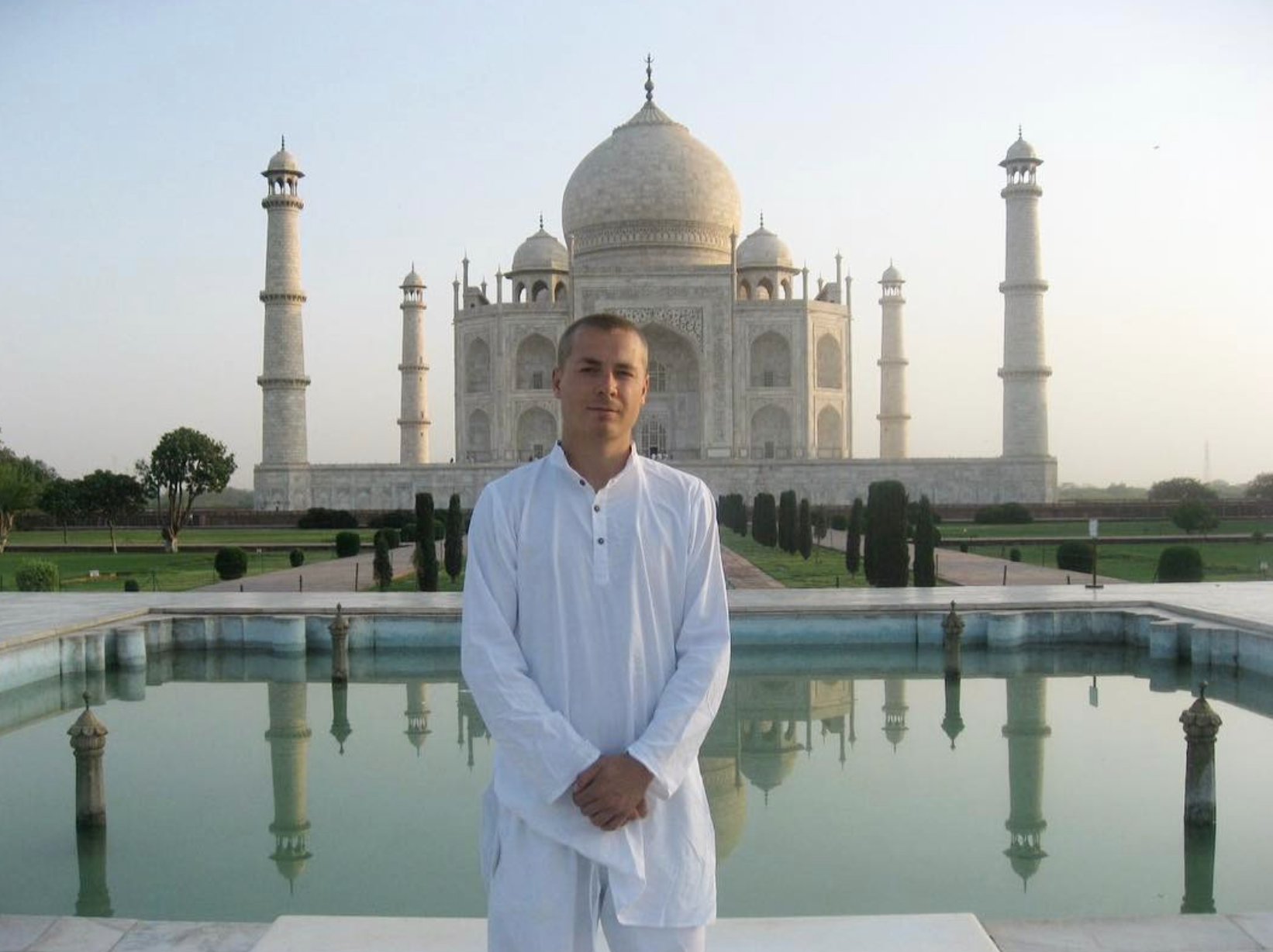The Brent
Hogarth Story
Dr. Brent Hogarth is on a mission to help solve the mental health crisis through improving the way we work - and compete in sport.
Dr. Hogarth is a Registered Clinical Psychologist in British Columbia (#2618) and a practicing Executive Coach. Brent earned his Master’s in Sport Psychology and Doctorate in Clinical Psychology from an American Psychological Association accredited University in Northern California. While Brent is trained and practices as a clinical therapist in the past, his greatest strengths are in high performance psychology and executive coaching.
Throughout his education and training, Brent has focused on exploring the science of flow-state, being 'in the zone,' or what is known as the psychology of optimal experience — both for good and its lesser known dark side.
Brent's Doctoral research culminated in the completion of his groundbreaking dissertation - Shining light on the dark side of flow: is mindfulness in high-flow-state athletes predictive of improved self-control?
Based on his experience living in Buddhist Monasteries, Brent's research uncovered how mindfulness - and emotion regulation - may help athletes and professionals gets the best out of flow-state, while protecting against the risk of its potential dark side - such as addiction, high risk and anti-social behaviour, depression and burnout.
Brent's research discussed how improved emotional regulation leads to the psychological flexibility required to effectively move toward the direction of positive flow and a value-driven life. Ultimately, Brent's dissertation proposed a framework to optimally organize ones inner world and action through cycling between mindfulness and flow-states.
Dr. Brent now recognizes that mindfulness is necessary, but it is not sufficient for adaptive resilience — which is why self-compassion is the foundation of his work.
Brent has put his research into practice for a decade now - first within University counselling programs with D1 athletes and more recently as an Executive Coach working with leaders and organizations around the globe.
As the head Peak Performance Coach at the Flow Research Collective, and under mentorship by NYT best selling author Steven Kotler, Brent trained over a thousand 'corporate athletes' and teams to find greater flow-state in their personal and professional lives. This included working with Olympic and professional athletes, start up CEOs and entrepreneurs, members of the USA military, Doctors and first responders, coaches, engineers, creatives, those in finance and more. The common theme throughout each coaching engagement has been the pursuit of fulfilling ones full potential.
Dr. Brent advocates that well-being is not only about alleviating suffering, but that human flourishing requires the development of ones unique strengths and character, and most importantly, the ability to experience transcendent peak experiences. In order to achieve this state of well-being, Brent's coaching aims to support and challenge clients to transcend their base level needs and to rather strive towards the further reaches of their human potential - including higher levels needs such as for adventure, purpose, and love. Brent's coaching is less about mental skills development and more about learning to effectively regulate ones nervous system in order to enter optimal states of consciousness that are needed to perform at ones best. Brent utilizes an Acceptance Commitment Therapy framework as his clinical theoretical orientation and he identifies as a humanistic psychologist.
In his personal life, Brent is an avid athlete; he enjoys skiing Vancouver's local mountains, playing competitive basketball, and most recently he completed a 100 Mile run - the Whistler Alpine Meadow 100. Beyond sports, you may find Brent in your local used book store, yoga class or meditating along the Vancouver seawall. However, this would be less frequent as of 2024, as Brent welcomed his first child and son, Westley, into the world on Dec 4th with the love of his life, Simerpreet.
More on Acceptance Commitment Therapy
Dr. Brent Hogarth is a humanistic psychologist who utilizes an evidenced based theoretical orientation known as Acceptance and Commitment Therapy (ACT).
ACT is a unique psychological intervention that uses acceptance and mindfulness strategies, together with commitment and behavior change strategies, to increase psychological flexibility. Psychological flexibility means contacting the present moment fully and, based on what the situation affords, changing or persisting in behavior in the service of your chosen values.
Research in ACT and other mindfulness-based interventions have found that humans struggle with our internal experiences because we can avoid challenging and even painful internal experiences, that would otherwise lead to our growth. This increases human suffering.
In ACT, we increase clients' awareness that emotional control strategies are largely responsible for their problems; that as long as their fixated on trying to control how they feel, they're trapped in a vicious cycle of increasing suffering.
Put another way, control is not the solution, it is the problem.
The goal in Acceptance Commitment Therapy is to help clients learn how to make healthy contact with thoughts, feelings, memories, and physical sensations that have been feared and avoided.. Through ACT, clients gain the skills to decontextualize and accept these private events, develop greater clarity about personal values, and commit to needed behavior change.
As clients learn to drop the struggle and control agenda, they are no longer owned by their internal narrative, or unwanted experiences, and therefore are able to reorient themselves towards what is truly meaningful to them.
ACT uses six core principles to help clients develop psychological flexibility which are detailed below and outlined visually in the ACT Hexiflex.
-
Bringing full awareness to your here-and-now experience, with openness, interest, and receptiveness; focusing on, and engaging fully in whatever you are doing. Conscious awareness of our experience in the present moment enables us to perceive accurately what is happening and gives us important information about whether to change or persist in our behaviour.
-
Making room for unpleasant feelings, sensations, urges, and other private experiences; allowing them to come and go without struggling with them, running from them, or giving them undue attention. We learn to actively contact psychological experiences directly, fully, and without needless defence. We practice Opening ourselves up fully to our experiences, as it is, not as our minds says it is.
-
Learning to perceive thoughts, images, memories and other cognitions as what they are—nothing more than bits of language, words and pictures—as opposed to what they can appear to be—threatening events, rules that must be obeyed, objective truths and facts. We want to be able to Look at our thoughts, rather than from our thoughts. Noticing thoughts, rather than being caught up in thoughts.
-
Accessing a transcendent sense of self; a continuity of consciousness that is unchanging, ever-present, and impervious to harm. From this perspective, it is possible to experience directly that you are not your thoughts, feelings, memories, urges, sensations, images, roles, or physical body. These phenomena change constantly and are peripheral aspects of you, but they are not the essence of who you are.
-
Clarifying what is most important, deep in your heart; what sort of person you want to be; what is significant and meaningful to you; and what you want to stand for in this life. Values Are different to goals, they’re not outcomes. Values are process driven. They emerge only in the moment, they can be lived and experienced only in our way of being.
-
Setting goals, guided by your values, and taking effective action to achieve them. This may mean training attention, mindset, and habits that lead to a life well lived.





